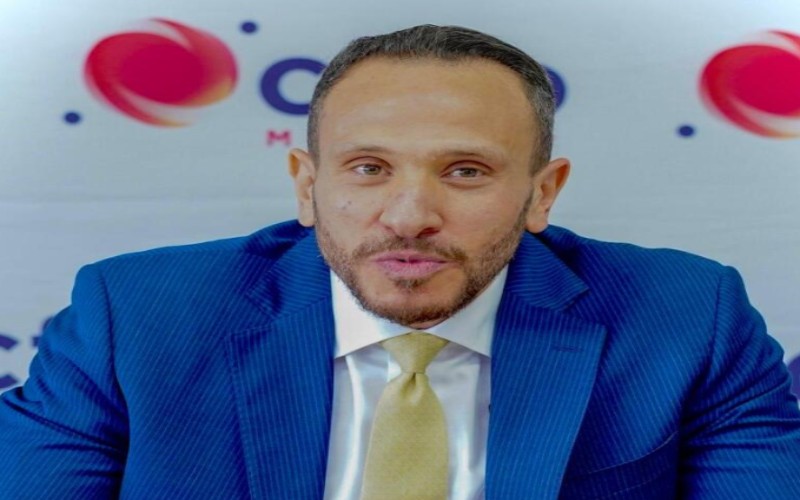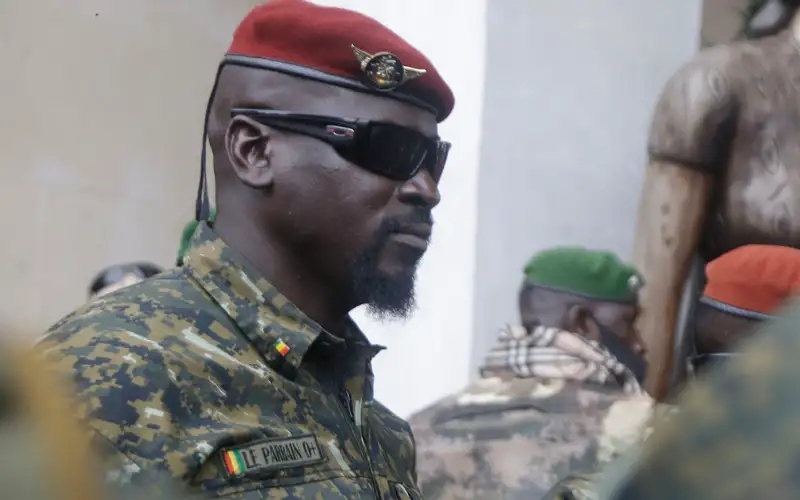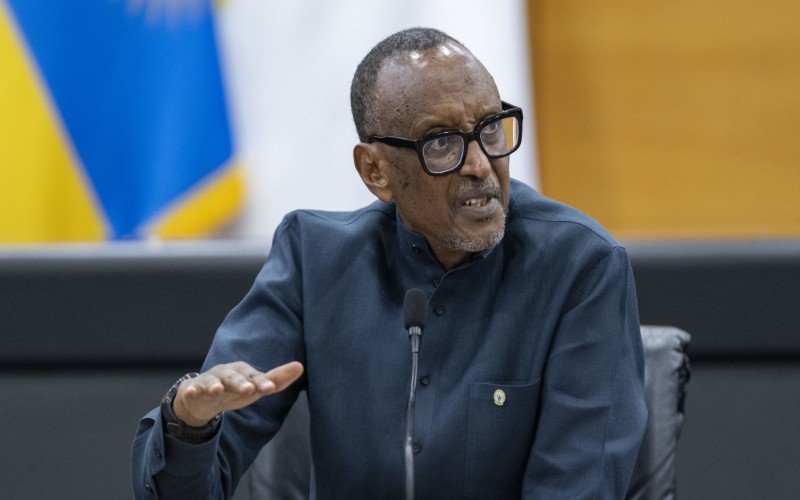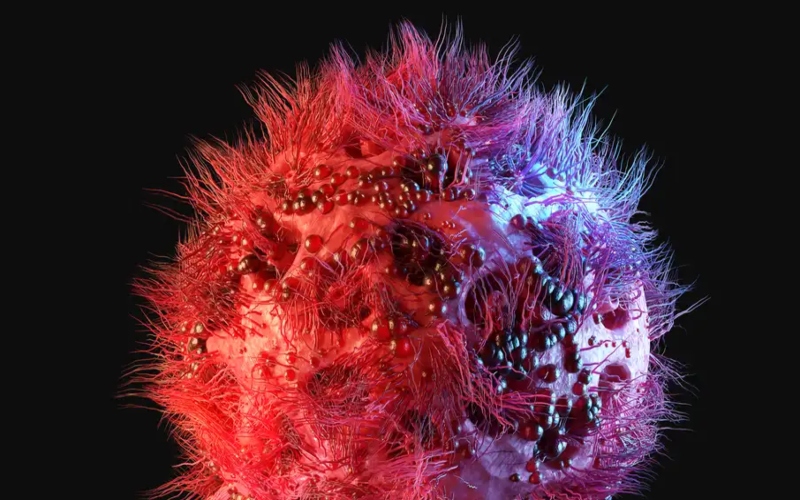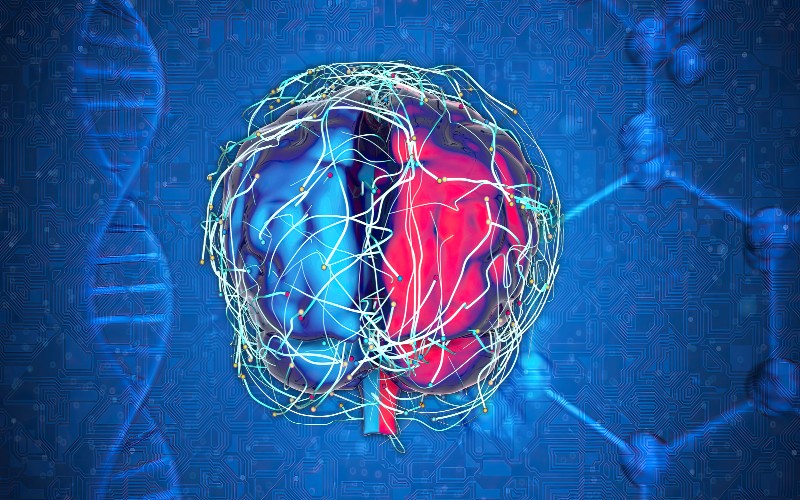Mali’s Justice Modibo Sacko elected president of African Court on Human and Peoples' Rights
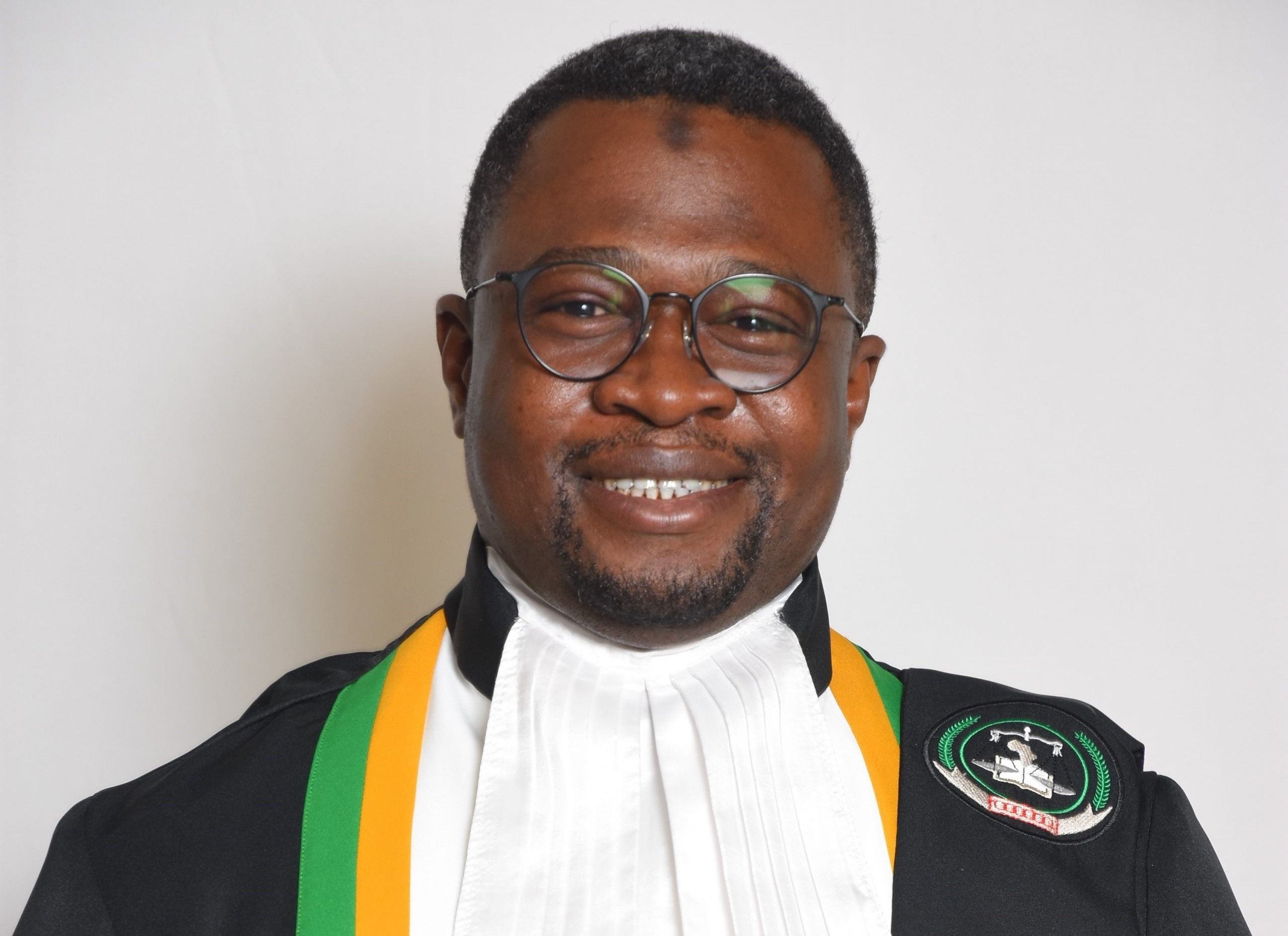
The 11-member panel of judges similarly elected Lady Justice Bensaoula Chafika of Algeria to replace Justice Sacko as Vice President.
Mali’s Justice Modibo Sacko elected president of African Human Rights Court
The African Court on Human and Peoples' Rights (AfCHPR) has unanimously elected Mali's Justice Modibo Sacko as its president, replacing Tanzanian Judge Imani Daud Aboud, whose term concluded on Monday.
More To Read
- African Human Rights Court to elect new leaders on June 2
- Activists, organisations to petition African Court over climate change, human rights
- Attacks on people with albinism in Tanzania: African court holds government responsible – Why it matters
- Kenya given new deadline to report on Ogiek land dispute compliance
The 11-member panel of judges similarly elected Lady Justice Bensaoula Chafika of Algeria to replace Justice Sacko as Vice President, with both announcements made on Tuesday during its 77th Ordinary Session held in Arusha, Tanzania.
In his acceptance remarks, Justice Sacko emphasised his commitment to strengthening collaboration between the African Court and member states to ensure protection of human rights across the continent.
He also pledged to forge stronger ties with national leaders and judicial systems to promote accountability and enhance the court's accessibility and impact.
"I will work closely with national leaders and justice authorities to address these violations and elevate the court's relevance in protecting human and peoples' rights," he said.
On her part, outgoing Justice Aboud expressed pride in her tenure, noting the strides the African Court has made in promoting justice and human rights across the continent.
However, she acknowledged that significant challenges remain, particularly in securing stronger support from member states.
"One of the main challenges remains the commitment of African states to fully implement the founding resolutions of this important institution, especially the enforcement of its judgments," she said.
AfCHPR was established to protect and promote human and peoples' rights across Africa, in accordance with the African Charter on Human and Peoples' Rights.
It was created through a protocol adopted in 1998 and became operational in 2006, with its seat based in Arusha, Tanzania. The Court works alongside the African Commission on Human and Peoples' Rights, offering binding rulings on cases involving alleged human rights violations.
The court's 11 judges are elected by the African Union's Assembly of Heads of State and Government. They serve in their personal capacity and are selected based on their integrity and expertise in human rights law.
The Court can hear cases filed by states, the Commission and intergovernmental organisations.
Top Stories Today
